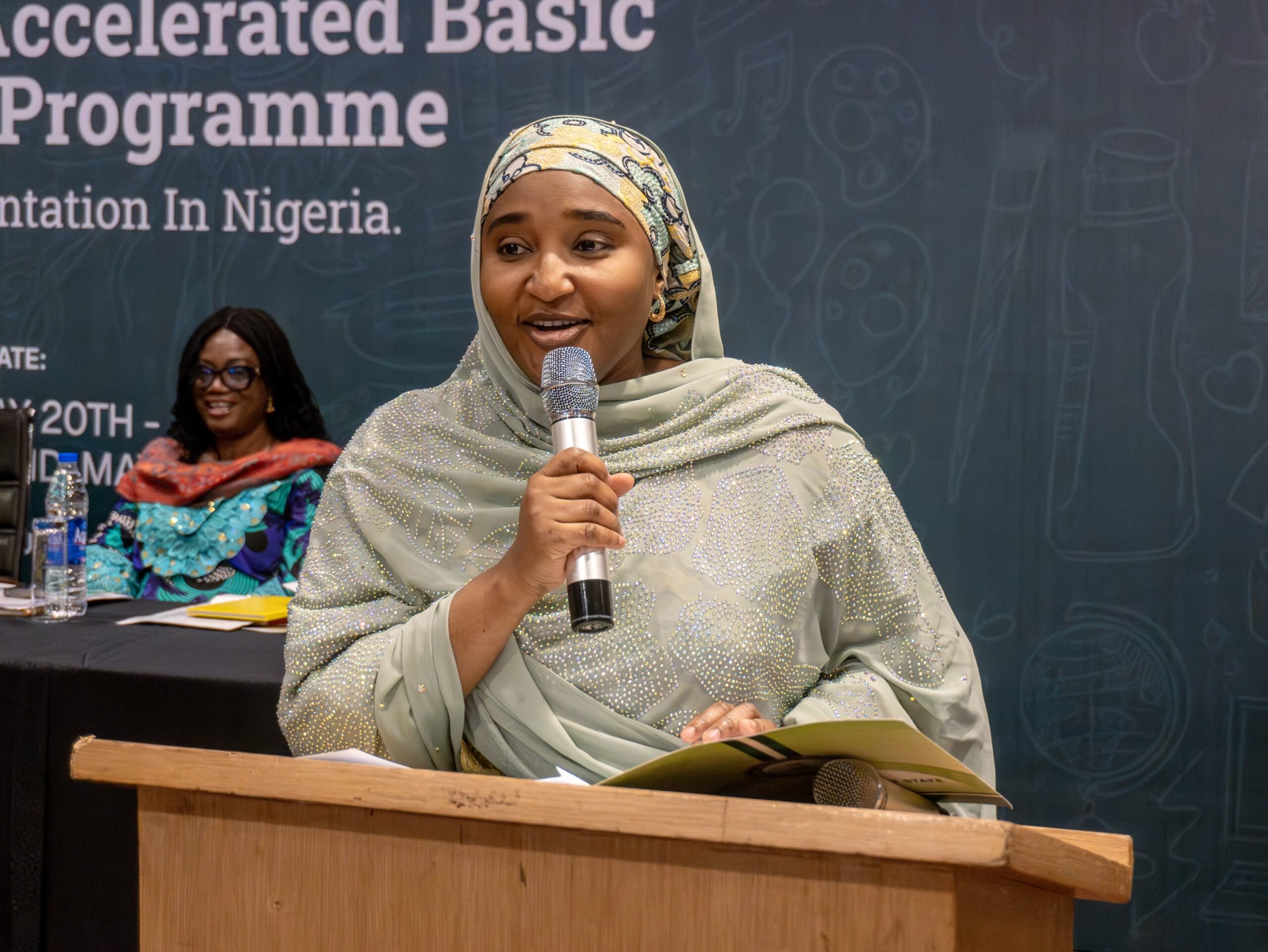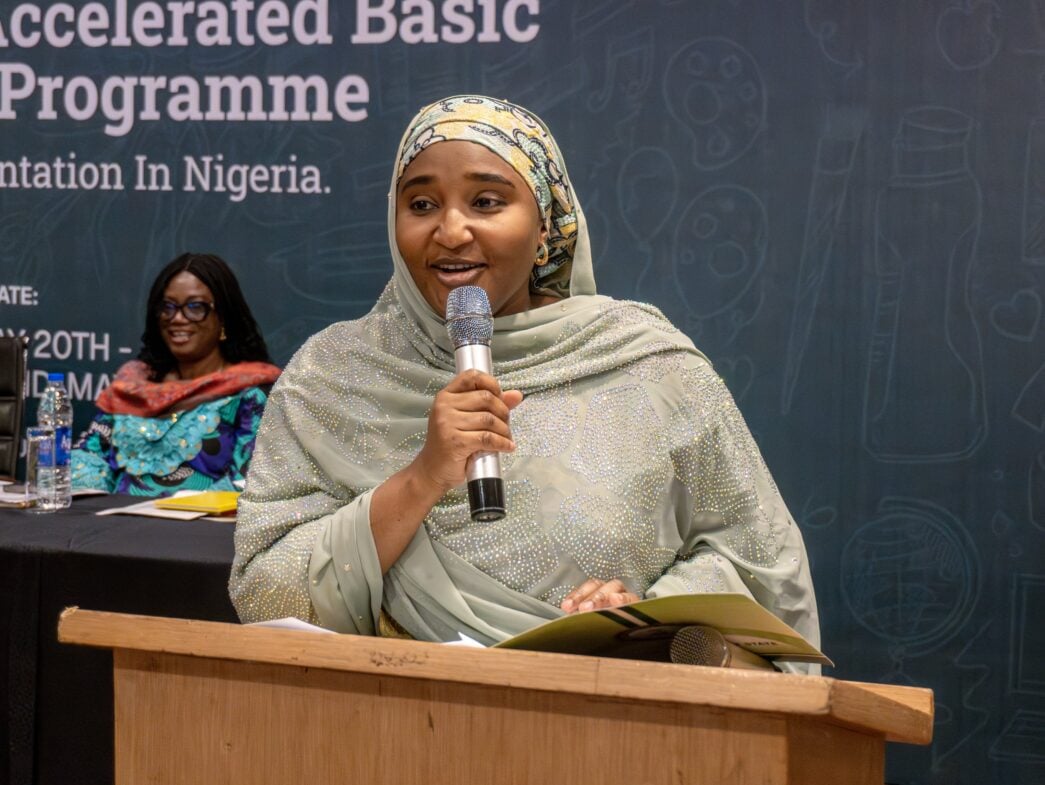Nigeria's minister of state for education Suwaiba Ahmad
Suwaiba Ahmad, the minister of state for education, says no student, whether in the urban or rural communities, will be left behind in Nigeria’s computer-based test transition.
The federal government plans to fully transition to CBT exams for the West African Examinations Council (WAEC) and other exam bodies by 2026.
Ahmad spoke during the monitoring of the West African Senior School Certificate Examination (WASSCE) in some selected schools in Abuja on Tuesday.
Highlighting the significant improvements the CBT transition promises, the minister acknowledged the technical and infrastructural challenges that must be addressed before full implementation.
Advertisement
“We will not roll out CBT in a way that excludes any student. Every child will have the opportunity to write their examination, regardless of location or infrastructure,” she said.
“Nigerians should bear with us. We are taking all concerns seriously, and by the time CBT is fully rolled out, no child will be put at a disadvantage.”
Comparing the outcomes from traditional paper-based exams with the CBT, she said the visit showed a clear student preference for CBT.
Advertisement
“At a CBT centre, everything was orderly and timely, but at a paper-based exam centre, not only was the exam delayed due to rain, but the script was not even on the ground,” the minister said.
“These are the kinds of issues CBT is designed to eliminate. CBT will ensure students are given their full allotted exam time since the system begins counting only when the student accesses the questions.
“This helps to address problems like delays caused by weather, transportation issues, and administrative lapses.”
Beyond timing, Ahmad said that CBT was also seen as a solution to eliminating rampant examination malpractices.
Advertisement
She said that with the individualised sets of questions for each candidate, impersonation, question leaks, and systemic answer sharing would be drastically reduced.
“We know how students and schools manipulate the system, but CBT will shut those doors,” Ahmad said.
She, however, acknowledged that the transition may face major logistical hurdles, especially in rural areas where electricity and internet infrastructure remain weak.
The minister said WAEC and NECO were working closely with JAMB and other education stakeholders to address these gaps.
Advertisement
She added that the plan was to leverage JAMB’s well-equipped CBT centres for future exams, while also engaging with state governments to map out rural and urban challenges to design workable solutions.
“When we roll out the CBT examination, we are going to make use of existing JAMB centres. We are not going to make use of school centres, since, as you rightly mentioned, there are schools in the rural locations that don’t have light,” she said.
Advertisement
“This school we are currently inspecting has no power in the exam hall. If CBT were being conducted here today, that would pose a serious challenge.
“So all these are being considered and we are carefully planning to ensure that really when we embark on this CBT, no student is at a disadvantage.”
Advertisement












